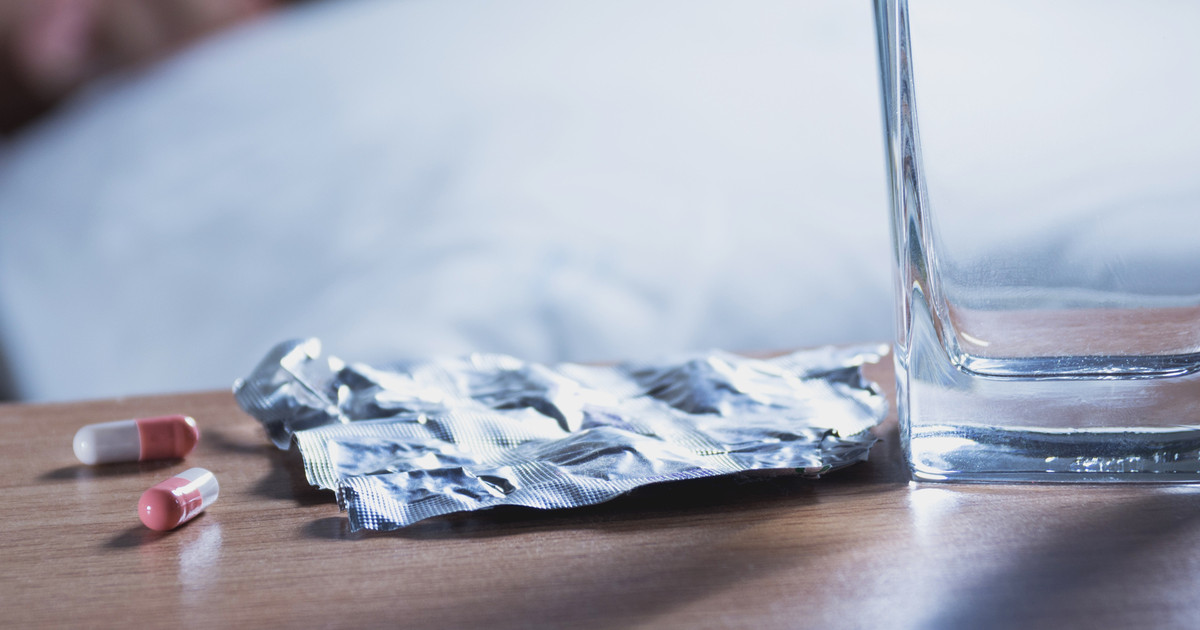What Supplements And Medications May Increase Blood Pressure?
Blood pressure measures how much force blood seems to need to push against blood vessel walls. Most guidelines appear to indicate that a healthy measurement needs to be between 90/60 and 120/80 millimeters of mercury (mm Hg). On average, individuals may have their lowest blood pressure in the morning. It may be at its highest mid-afternoon and lower again in the early evening. However, several factors may influence an individual's blood pressure. Examples appear to be stress, exercise, supplements, sleep, and medication. Working at night and anxiety may increase an individual's risk of high blood pressure.
Some individuals may take supplements for high blood pressure. However, prescription high blood pressure pills seem to be for patients with readings of 140/90 mm Hg or higher only. Thus, some individuals appear to consider natural remedies for high blood pressure. Unfortunately, some medications and supplements may cause blood pressure increases instead. Patients may want to know about them before talking to a doctor.
Caffeine
Some studies claim that caffeine may cause blood pressure to increase. This seems to apply to caffeine in beverages as well as in supplements. The reason appears to be that caffeine may constrict blood vessels. Thus, blood may take more force to push through them. Individuals who consume significant amounts of caffeine regularly seem to have higher than average blood pressure. Others may develop a tolerance and have no elevations in their pressure. However, it appears that most individuals will deal with a temporary increase in their blood pressure. This seems to occur in those who have two to three hundred milligrams of caffeine.
Some researchers suggest that patients should consider limiting their daily intake of caffeine to two hundred milligrams or less. This should include both drinks and supplements. Patients with high blood pressure, though, may want to avoid caffeine before exercise. Some may want to eliminate it. Most patients seem to benefit from asking their doctor about caffeine, especially supplements, first.
Continue reading to learn about medications that may increase blood pressure now.
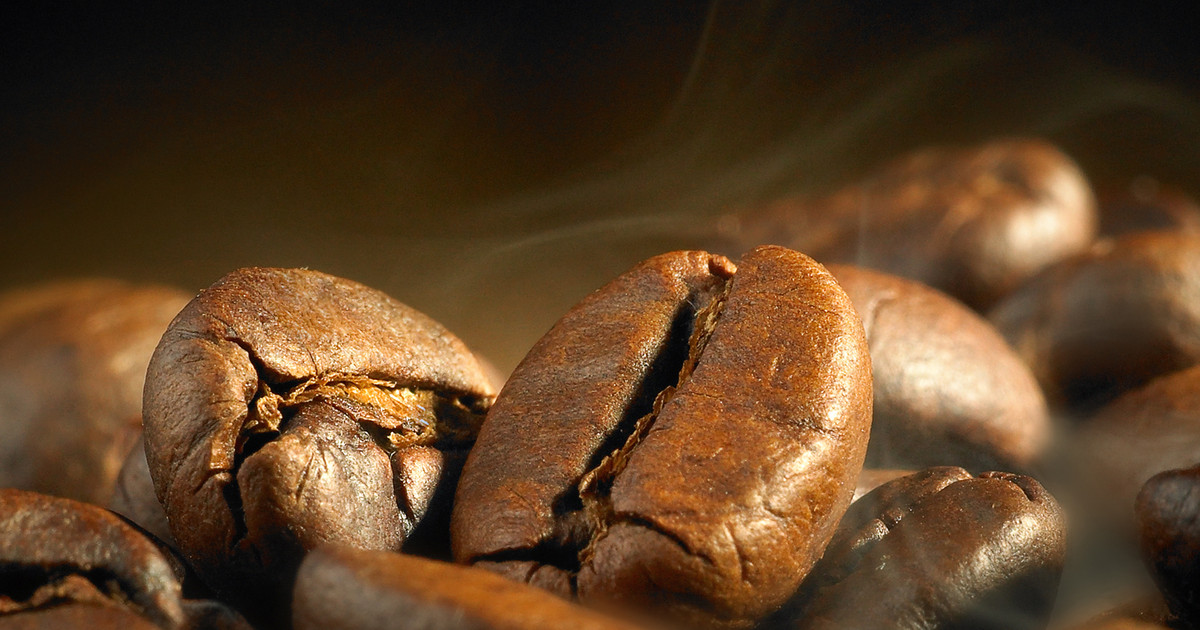
Decongestants
Decongestants may result in narrowed blood vessels. This seems to trigger an increase in blood pressure. They may also reduce the effectiveness of high blood pressure medications. Patients may be able to get many over-the-counter decongestants. They appear to be a common part of remedies for the flu and common cold. However, the exact decongestant used seems to matter. Hypertension patients may want to consider avoiding certain ones. Examples may include naphazoline, pseudoephedrine, and oxymetazoline.
Some decongestants, including cold medicines, do not appear to affect an individual's blood pressure. Patients who already have high blood pressure may want to consider asking their pharmacist about these options. However, they may benefit from other congestion and cold treatments. Examples seem to include antihistamines and saline nasal sprays. Natural remedies that may help are drinking tea and gargling with salt water. Patients may want to see a doctor if their symptoms last longer than ten days without improvement.
Get more information on supplements that seem to increase blood pressure now.
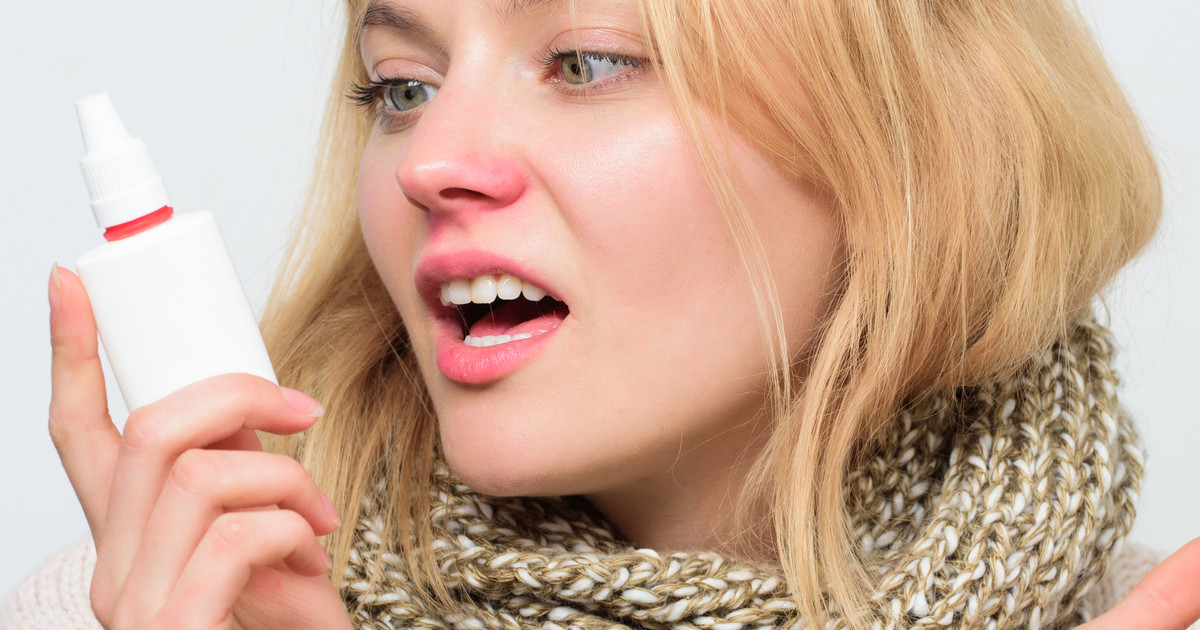
Ginseng
Some evidence indicates that ginseng may cause blood pressure increases. This seems to be the most common when patients take it for the first time. Doctors appear to advise hypertension patients to avoid these supplements for this reason. However, there may be some conflicting evidence on this. A 2016 review of clinical trials seemed to show that ginseng had no significant influence on many parts of blood pressure. This appears to include diastolic, systolic, and mean arterial pressure readings. The same review showed that ginseng might even mildly improve systolic pressure in diabetes patients. It also indicated that the supplements seemed to have a neutral effect on the vascular system.
Despite this, many say that additional research may be needed to determine if ginseng is safe for individuals with high blood pressure. Additionally, heart disease patients may want to consider taking ginseng with increased caution. IT seems that combining ginseng with caffeine may trigger a dangerous increase in blood pressure. Ultimately, patients may want to ask their doctor if ginseng supplements are safe for them.
Reveal more supplements that appear to increase blood pressure now.
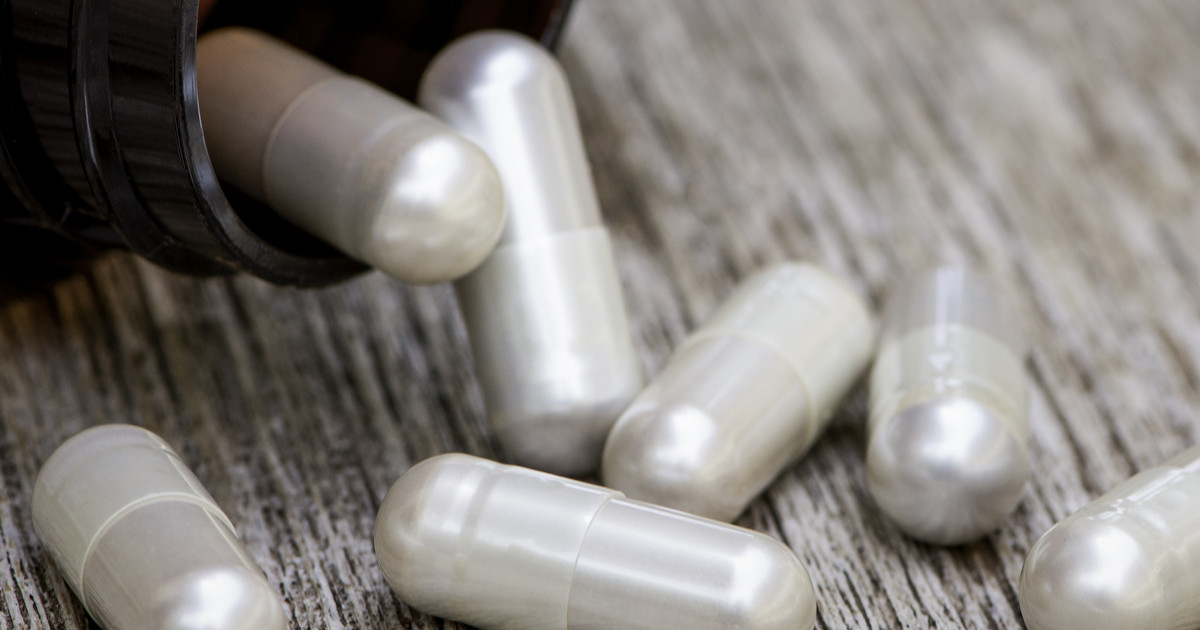
St. John's Wort
St. John's wort, an herbal supplement, seems to be a natural depression remedy. However, some research indicates that it may cause an increase in a patient's blood pressure. Some reports show that these supplements appear to be dangerous for hypertension patients. This may even extend to individuals without high blood pressure. One case that seems to back this up involved a forty-one-year-old man. He claimed that he had a hypertension crisis that appeared to occur after seven days of taking St. John's wort. According to him, he followed the instructions on dosage. He also did not seem to take other medications. However, his blood pressure in the emergency room was recorded after dealing with delirium. It appears that it measured 210/140 mm Hg.
The risk seems to be why doctors encourage patients to try a prescription antidepressant first. In addition, St. John's wort supplements may trigger severe medication interactions. Thus, when individuals do take it, they may want to review their medication list with their doctor first.
Discover more medications that may increase blood pressure now.
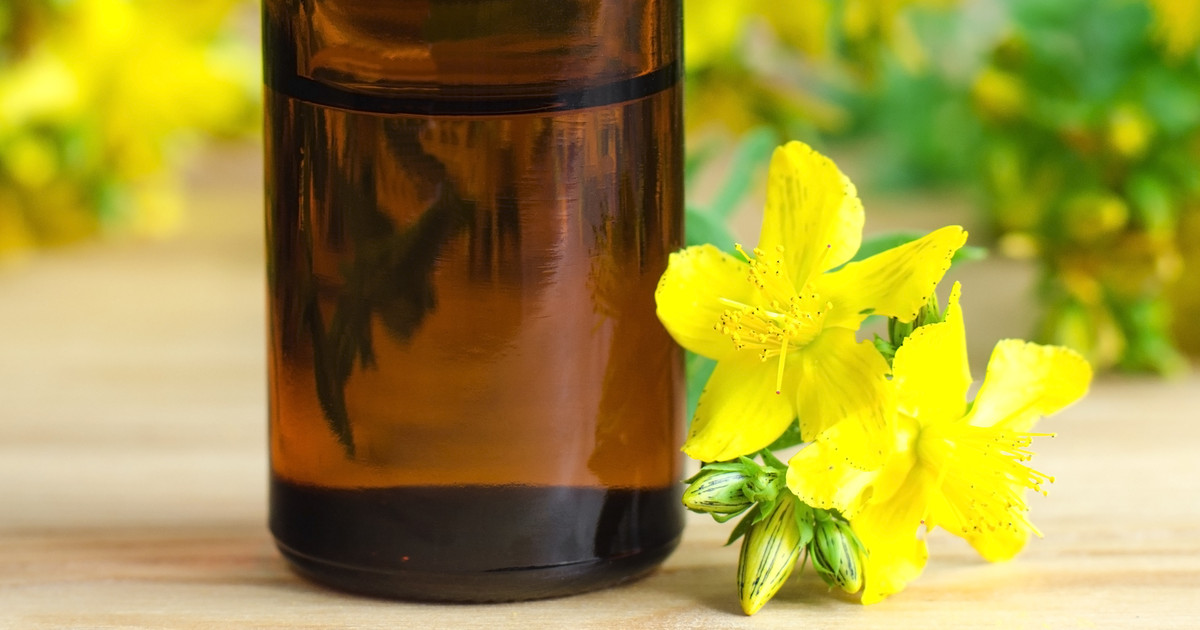
Antidepressants
Sadly, it seems that some antidepressants may result in blood pressure increases. Examples appear to include tricyclic antidepressants, venlafaxine, and monoamine oxidase inhibitors. Scientists do not seem to understand exactly why this happens. Some believe that the medications may make an individual's nervous system more active. Thus, the signals that this system sends to the rest of the body may be amplified. This appears to include blood pressure regulation signals.
Many patients dealing with high blood pressure may be able to take antidepressants safely. However, doctors may recommend antidepressants without the side effect of increasing blood pressure first. If patients have to take one with this side effect, they may want to try a lower dose. They should also consider additional follow-up appointments to monitor their blood pressure.
